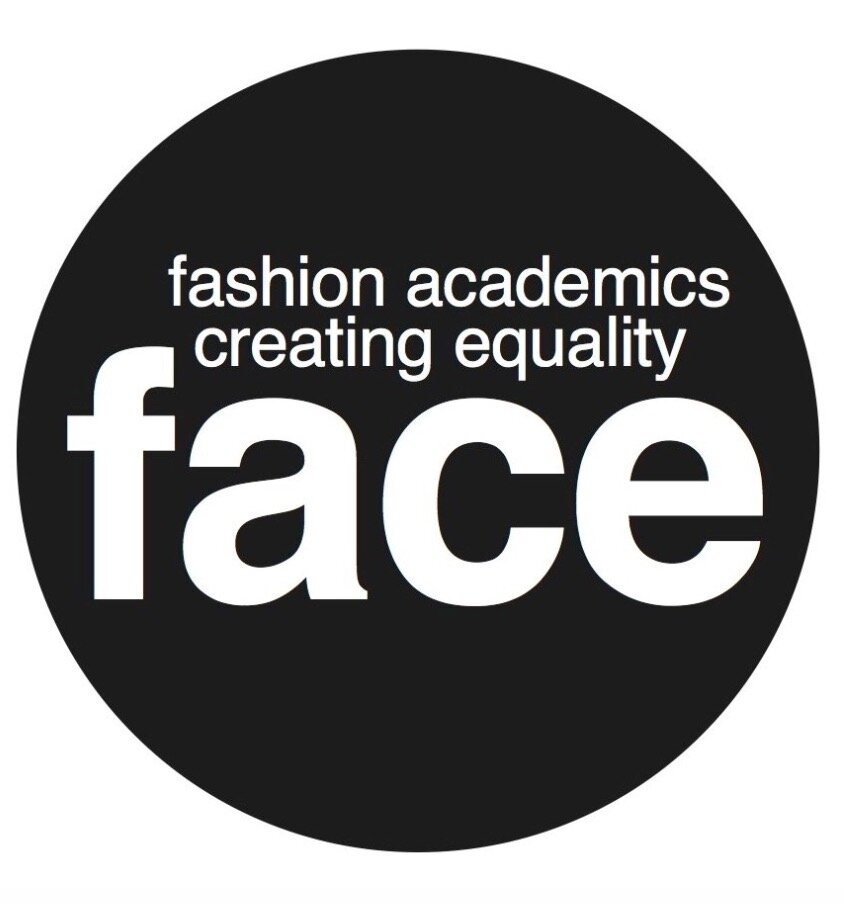5 Recommendations
Our survey report See My Academic FACE 2024 sponsored by Kingston School of Art, produced 5 recommendations for swift anti-racist progress below. These come as a result of processing anonymous commentary gathered from over 200 educators nationwide.
Download the survey here to understand why we must address the dearth of Black educators and leaders in our institutions as a result of systemic racism.
RECRUITMENT
Let us reframe job adverts and job descriptions to recruit candidates with multiple forms of discipline expertise. Let us acknowledge that valuable contributions can emerge from contexts other than traditional academic careers including industrial experience, which will not have been formalised through an MA or Ph.D degree; qualifications often facilitated by financial and class privilege.
How can we ensure potential applicants with multi-dimensional, non-academic backgrounds feel addressed by job postings from our institution?
CURRICULUM
Can we re-evaluate the role of research dissemination feeding into the curriculum? Why not redefine who gets to validate research and who gets to benefit from it? Can we embrace and support research dissemination at grass roots level to ensure its focus on direct societal impact is equally acknowledged as research outputs framed by REF requirements?
How can we embed grass roots level research that influences at community level into the acknowledgement of research rigour at our institution?
PROGRESSION
Breaking down existing Anglo-American research culture structures is required to embrace different ways of knowing and various forms of being an expert in a specific subject. Can we ensure that support is in place to encourage alternative research practices to provide an inclusive acknowledgment of culturally relevant valid knowledge development?
How can we ensure that research culture in our institution becomes an inclusive practice that emerges from different ways of knowing and being?
CULTURE
We have learned that only 1.2% of Black and minoritised students receive funded Ph.D awards (Williams et al. 2019); a further blockage in a broken system to advancement. Focussing on inclusivity and equity in the recruitment of Black and minoritised educators to our institutions, we can choose to recognise that a lifetime of cultural competence and race literacy learning is effortlessly delivered by Black and minoritised educators in addition to their specialist technical and commercial knowledge as well as experience.
This fluent decolonised perspective and amplified vocabulary around race identity and hybrid culture existence together with access to a network of non-white expertise, artistry and events, benefits all individuals and institutions. Acknowledgement that Black and minoritised educators deliver a powerful and hitherto unappreciated value is vital, especially when linked to business objectives pertaining to student recruitment. Employ more Black and minoritised educators. Recruit Black and minoritised external assessors.
How has our white privilege prevented us from recognising the necessity of culturally competent educators and celebrating the power of this additional knowledge and currency to future proof our industry?
POLICY
Resources for Black and minoritised educators must be increased by providing culturally competent support for mental health capable of recognising the race burden that many shoulder within white institutions. We must sustain minoritised educators already committed to students seeking validation and help within white-centric systems and Eurocentric learning. This includes setting up suitable resources to release these educators from received trauma. Students seek support from representative staff. But who supports these individuals?
How can we put suitable resources in place to support staff members when part of their day involves pastoral care of race traumatised Black and minoritised students?
Further research.
🔗 Equality Networks
Advance HE's Race Equality Group
A UK-wide community of practice for staff focused on race equity in higher education.
Provides forums, events, and resources to share strategy, policy, and lived experience.
Supports institutions working toward or maintaining Race Equality Charter (REC) status.
Aurora Leadership Programme
Aimed at women in academic and professional roles, with strong intersectional components addressing race and ethnicity.
Includes mentoring and development for minority ethnic women, addressing the leadership pipeline gap.
Athena Swan and Race Equality Charter (REC) Synergies Group
A specialist network exploring intersectionality, ensuring that gender and race inequalities are addressed together.
🎓 Race Equity Programmes
Race Equality Charter (REC)
Flagship framework to improve the representation, progression, and success of Black and minority ethnic staff and students.
Institutions apply for Bronze, Silver, or Gold awards, demonstrating actions on racial justice.
Based on five guiding principles including institutional accountability and recognition of structural racism.
Diversifying Leadership Programme
Designed for early-career Black, Asian and minority ethnic (BAME) academics and staff aspiring to leadership roles.
Includes coaching, mentoring, and sector-specific workshops on navigating and transforming institutional racism.
Tackling Racial Inequalities in Higher Education
A strategic Change Programme helping HEIs embed anti-racist practice across teaching, HR, and governance.
Includes support for decolonising the curriculum, closing awarding gaps, and improving recruitment and retention of diverse staff.
